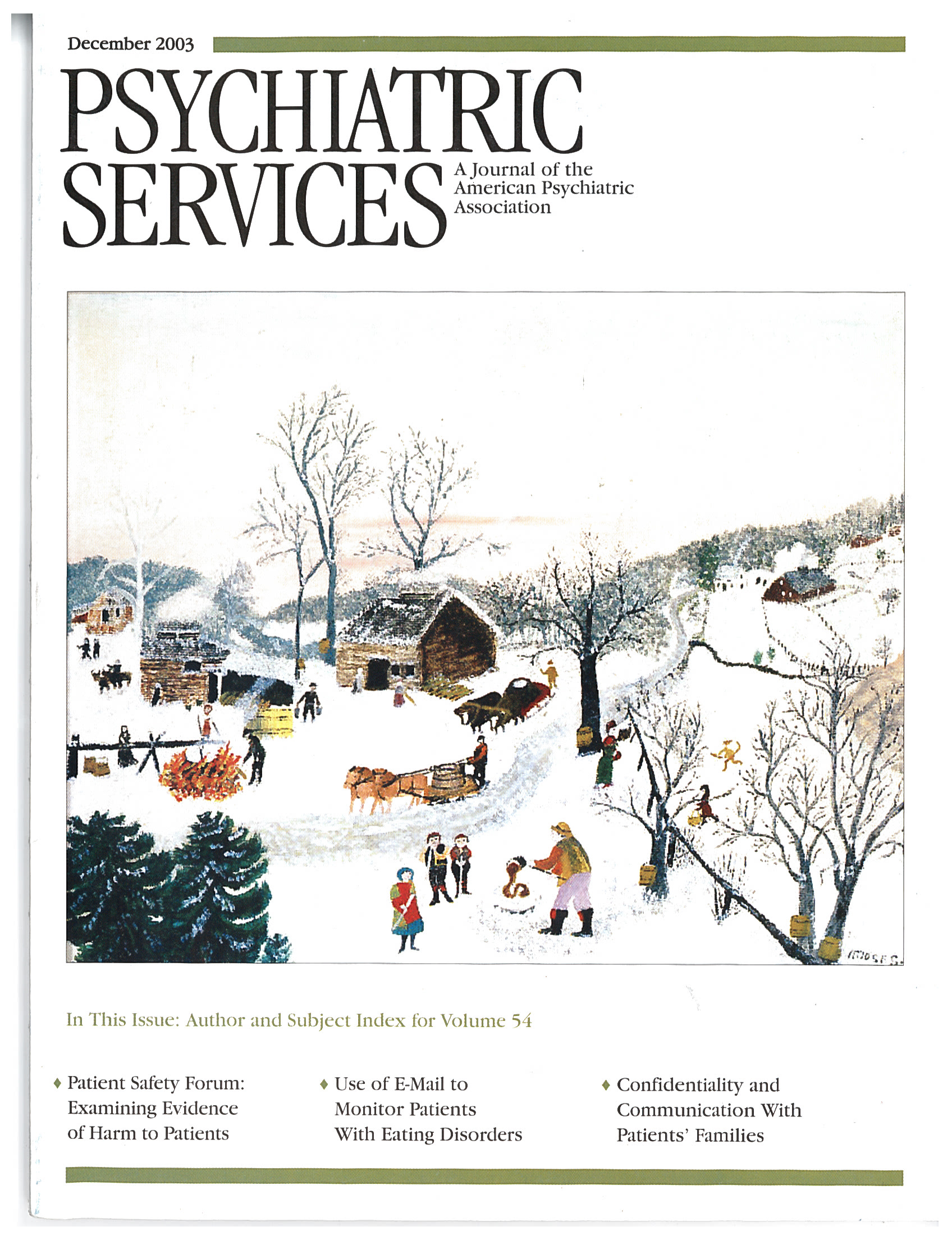At the beginning of Kinky Friedman's newest book, the narrator, Walter Snow, is still suffering from writer's block years after his semisuccessful first and only novel. He leads a dull and frustrating life despite six and a half years of what he miscalls sobriety, reinforced by his attendance at Alcoholics Anonymous meetings. Monastic he isn't, imbibing coffee, inhaling cigarettes, losing bouts with his toaster, and sexually relieving himself single-handedly. He is by chance delivered from his doldrums by two mysterious muses, a woman called Clyde and a man called Fox. Walter credits them with "knocking [him] off the wagon forever."
Are we going to be amused and moved by an irreverent novel that magnifies the tension between the need for sobriety and the need for living on the edge? Will we learn more about the creative process and inspiration, loneliness, and the need for justice? Can realized sexual fantasies bring personal rebirth? These promising elements unfortunately do not brew and blend enough to deliver salvation or illumination for the reader.
Friedman was first known for his satirical country and western songs—backed up by the Texas Jewboys—and then for writing mystery novels filled with skewed characters, absurd situations, and puns. This novel is an important departure in genre, but it doesn't break through. Except for four great pages written from Fox's viewpoint, in a funny Faulkner style, it is only a fair second draft.
Comedy isn't pretty, but neither the narrator nor the author take the painful risky step of looking below the wacky surface of the characters to find their heartaches. It's not good enough to say we'll never really know what makes people tick, when a superb novel about marginal people,
A Confederacy of Dunces (
1), is brave and funny enough to help you understand. It isn't good enough to hint at the muses' sad pasts, but shy away, or to build tension by repeating that something bad is about to happen, when William Faulkner serves as a model for successfully crafting a variety of brilliant narrative and structural devices.
Friedman's characters are simply pathetic, instead of fascinating, with their self-congratulating humor, having more fun than we are in their waging of mischief against a bank, a mental hospital, and a newly opened Starbucks. They are enraged at organizations that exploit individuals and destroy a beloved Irish bar. At least in the flawed
One Flew Over the Cuckoo's Nest (
2) you could love or hate the characters and wish for real justice. How can Fox, Clyde, and Walter justify rescuing a very psychotic man from a mental hospital and then putting him in harm's way? Friedman doesn't know how to address this moral dilemma.
How about a satirical novel that challenges the institutional status quo? Make it a substance abuse program rife with boring and deadening treatment that stifles the creative potential of its patients and prevents their transcending ordinary existence and discovering how to live an exciting, outrageous, iconoclastic but sober lifestyle? In this not-even-noble failure of a novel, unfortunately, simply acting kinky doesn't genuinely help Walter or the reader become emotionally freed.

